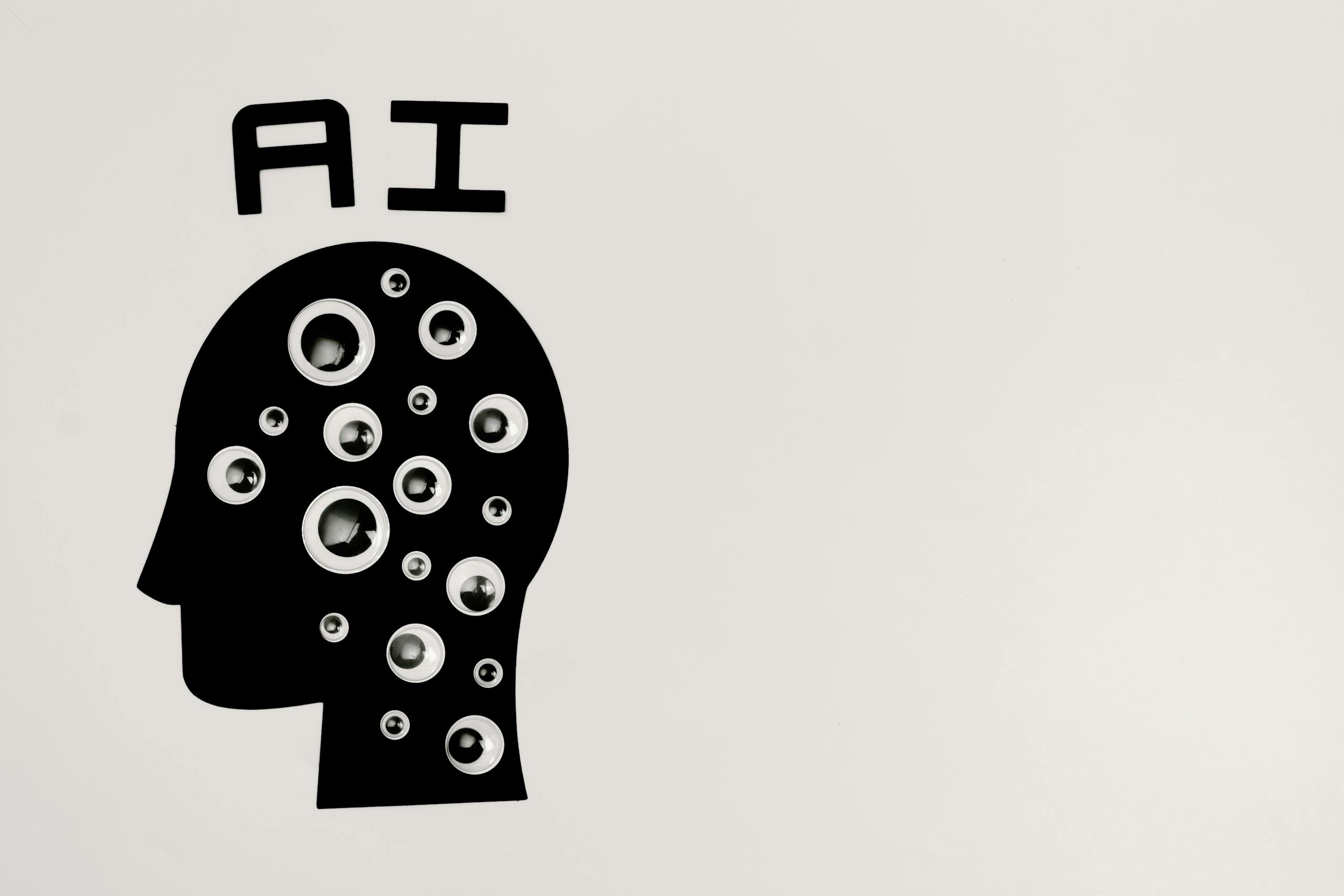Introduction
The healthcare industry has long been a fertile ground for technological innovation, and artificial intelligence (AI) is no exception. While AI has been used in healthcare for years, the advent of large language models and generative AI has accelerated its adoption. Now, a new wave of AI—agentic AI—is poised to revolutionize the sector by automating tasks, reducing administrative burdens, and addressing persistent challenges like labor shortages and burnout. In this blog, we’ll explore how agentic AI is transforming healthcare, the potential benefits it offers, and how companies like Salesforce are leading the charge.
What is Agentic AI, and Why Does It Matter?
Unlike traditional AI assistants, which require constant human intervention, agentic AI is designed to operate independently. It can make decisions, pursue goals, and execute tasks without needing step-by-step guidance. This autonomy makes it particularly valuable in healthcare, where administrative workloads are overwhelming and staff burnout is rampant.
Healthcare workers spend a significant portion of their time on tasks like scheduling appointments, documenting clinical visits, and communicating with insurers. These repetitive, time-consuming responsibilities not only contribute to burnout but also divert attention away from patient care. Agentic AI offers a solution by taking over these tasks, freeing up healthcare professionals to focus on what truly matters: their patients.
The Administrative Burden in Healthcare
The administrative load in healthcare is staggering. Research shows that healthcare workers spend the majority of their week on paperwork and other non-clinical tasks. In the U.S., healthcare administrative spending alone amounts to approximately $1 trillion annually, according to McKinsey. This inefficiency not only drives up costs but also exacerbates the industry’s labor shortages and burnout crisis.
Agentic AI has the potential to alleviate these challenges by automating administrative workflows. For example, it can handle patient scheduling, communicate with insurers, and even summarize clinical information for care coordinators. By streamlining these processes, agentic AI could save healthcare teams up to 10 hours per week, according to a Salesforce survey.
Salesforce’s Agentforce for Health: A Case Study in Innovation
Salesforce is one of the tech companies at the forefront of this transformation. Its Agentforce for Health platform is designed to tackle some of the most pressing challenges in healthcare administration. Here’s how it works:
- Patient Interaction: Agentforce can chat directly with patients, helping them find in-network providers and schedule appointments.
- Insurer Communication: It can communicate with insurers on behalf of providers to verify patient eligibility for services.
- Data Integration: The platform can pull data from disparate registries to assist epidemiologists in disease tracing and accelerate patient matching for clinical trials.
Salesforce is rolling out these capabilities gradually, with full availability expected by September 2024. Alongside Agentforce, Salesforce also offers Einstein Copilot Health Actions, a conversational AI assistant that became generally available in April 2024. These tools are part of Salesforce’s broader strategy to leverage its customer relationship management (CRM) expertise to differentiate itself in the competitive healthcare AI market.
The Competitive Landscape
While Salesforce is making strides, it’s not alone in the race to develop agentic AI solutions for healthcare. Tech giants like Google and Microsoft are also vying for partnerships with healthcare organizations. Google, for instance, has its own agent platform called Agentspace, which enables organizations to create custom AI agents.
However, Salesforce believes its CRM platform gives it a unique edge. By integrating agentic AI with its existing CRM tools, Salesforce aims to offer a more seamless and personalized experience for healthcare providers and patients alike.
The Future of Agentic AI in Healthcare
The potential of agentic AI in healthcare is immense. Beyond administrative tasks, it could play a critical role in improving patient outcomes, enhancing disease surveillance, and accelerating medical research. For example, by automating data collection and analysis, agentic AI could help epidemiologists track disease outbreaks more effectively or enable faster patient recruitment for clinical trials.
However, the adoption of agentic AI also raises important questions about data privacy, security, and ethical considerations. As healthcare organizations embrace these technologies, they must ensure that patient data is protected and that AI systems are transparent and accountable.


